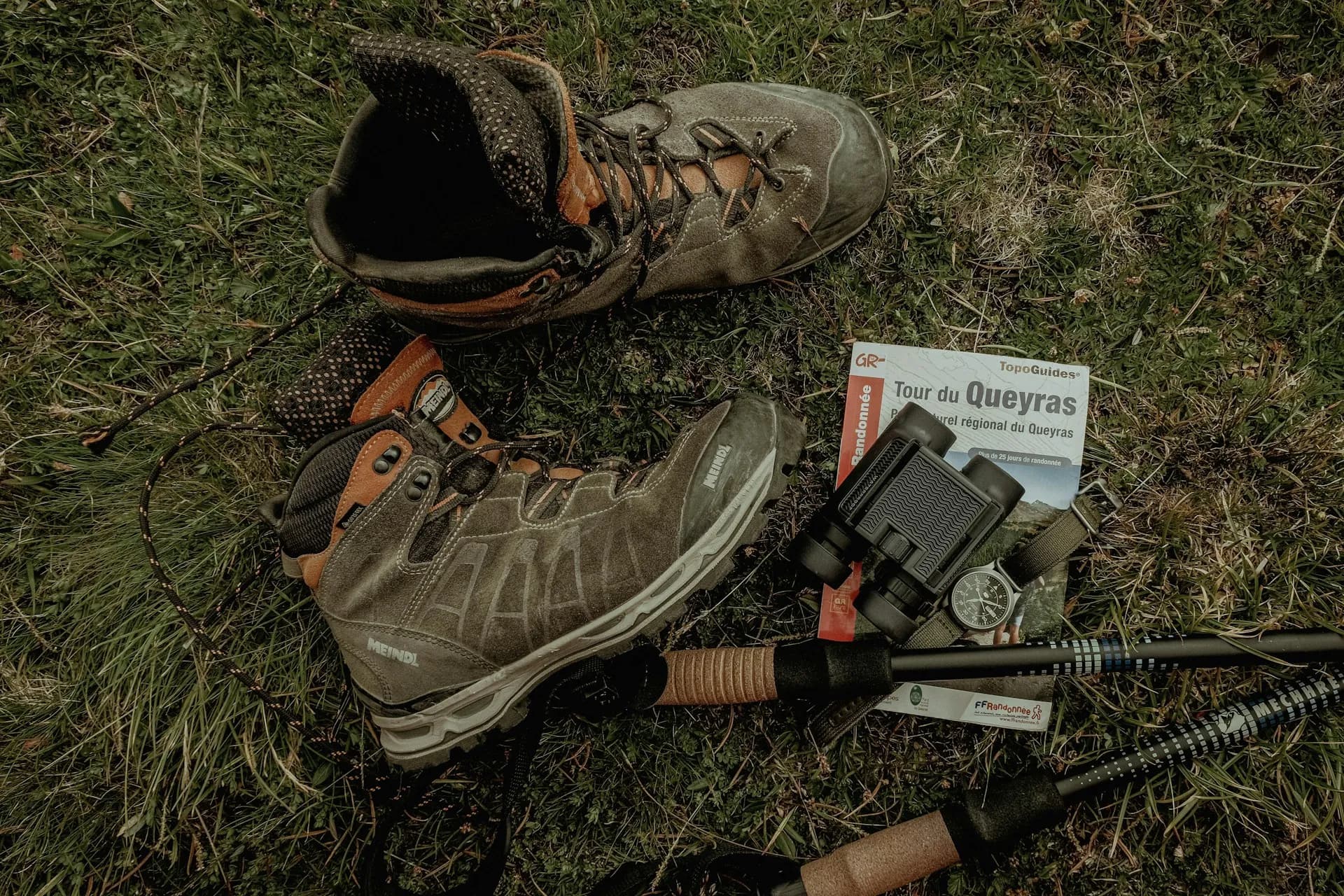Proper gear selection can mean the difference between a memorable adventure and a dangerous situation in the Himalayas. This comprehensive guide covers everything you need for safe and comfortable trekking in Himachal Pradesh.
Clothing Essentials - The Layering System
The key to staying comfortable in changing mountain weather is mastering the three-layer system.
**Base Layer:** - Moisture-wicking synthetic or merino wool shirts and pants - Avoid cotton as it retains moisture and loses insulation when wet - Pack 2-3 sets for longer treks
**Insulation Layer:** - Fleece jacket or down jacket for warmth - Synthetic insulation works better in wet conditions - Down provides better warmth-to-weight ratio for dry conditions
**Outer Shell:** - Waterproof and breathable jacket and pants - Look for Gore-Tex or similar technology - Essential for protection against wind and precipitation
Footwear - Your Foundation for Safety
**Trekking Boots:** - High-ankle support for uneven terrain - Waterproof but breathable materials - Break them in before your trek to avoid blisters - Consider crampon compatibility for winter treks
**Camp Shoes:** - Lightweight sandals or slip-on shoes for rest stops - Allows your feet to breathe and recover - Essential for river crossings
Navigation and Safety Equipment
**Navigation Tools:** - Detailed topographic maps of your trekking area - GPS device or smartphone with offline maps - Compass as backup navigation tool - Know how to use these tools before heading out
**Safety Essentials:** - First aid kit with altitude sickness medication - Emergency whistle for signaling help - Headlamp with extra batteries (LED recommended) - Multi-tool or knife for various tasks
Shelter and Sleep System
**Tent Requirements:** - 3-season tent minimum, 4-season for winter - Consider weight vs. durability based on trek difficulty - Practice setting up before your trip
**Sleep System:** - Sleeping bag rated 10°C below expected temperatures - Sleeping pad for insulation and comfort - Pillow or inflatable pillow for better rest
Backpack and Hydration
**Backpack Selection:** - 50-70L capacity for multi-day treks - Proper fit with hip belt for weight distribution - Rain cover or pack liner for waterproofing
**Hydration System:** - Water bottles or hydration bladder (2-3L total capacity) - Water purification tablets or filter - Electrolyte supplements for longer treks
Personal Care and Miscellaneous
**Sun Protection:** - High SPF sunscreen (UV rays are stronger at altitude) - Sunglasses with UV protection - Sun hat with chin strap
**Personal Items:** - Quick-dry towel - Toiletries in leak-proof containers - Personal medications - Cash for emergencies and permits
Gear Rental vs. Purchase
For occasional trekkers, renting specialized gear like mountaineering boots, technical jackets, or sleeping bags can be cost-effective. We offer quality gear rental services with well-maintained equipment suitable for Himachal's conditions.
Packing Tips
- Test all gear before your trek - Pack in waterproof stuff sacks - Distribute weight evenly in your backpack - Keep emergency items easily accessible
Remember, the best gear is the gear you know how to use. Familiarize yourself with all equipment before your adventure, and consider hiring experienced guides who can provide additional safety expertise and local knowledge.
